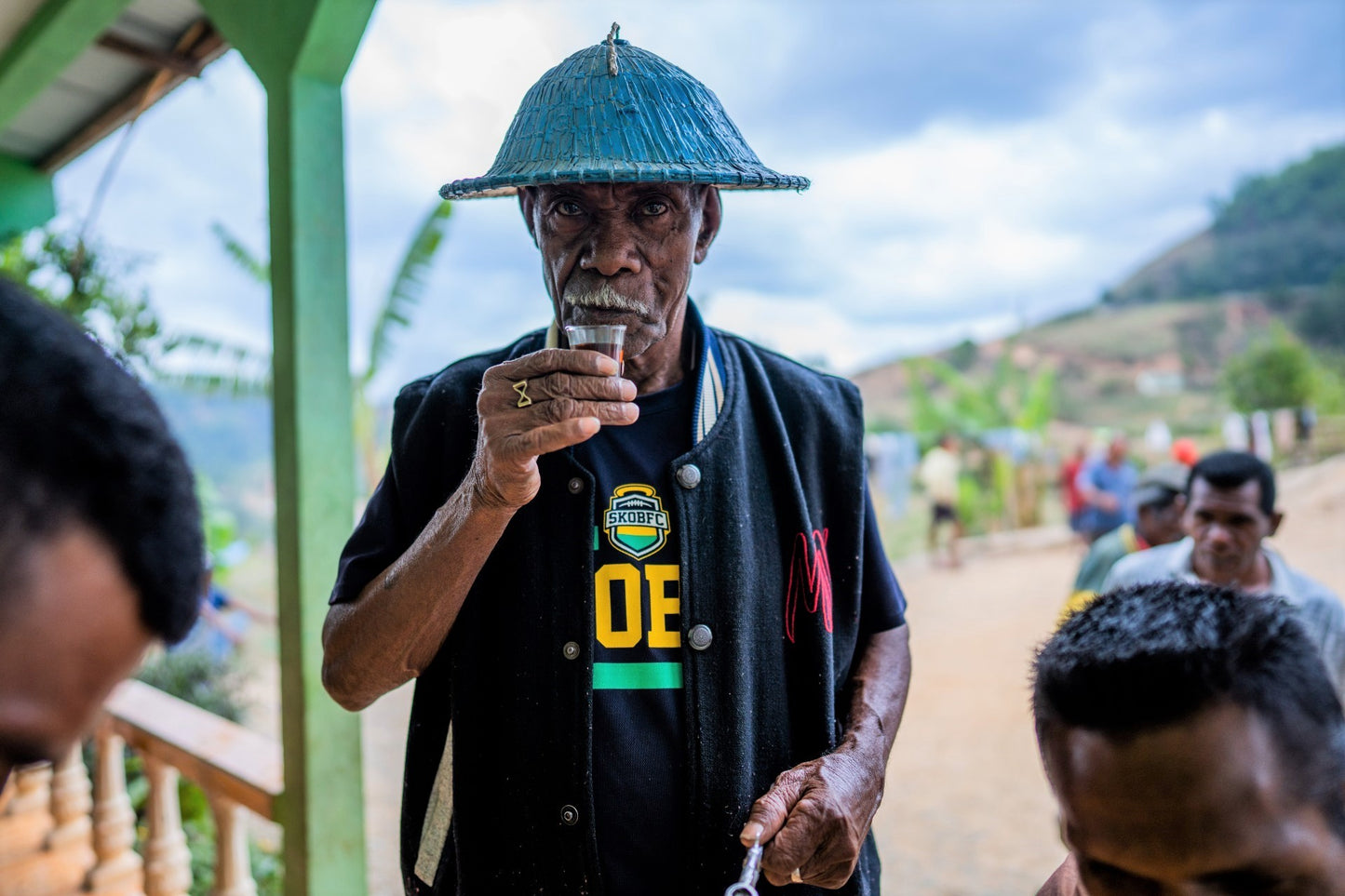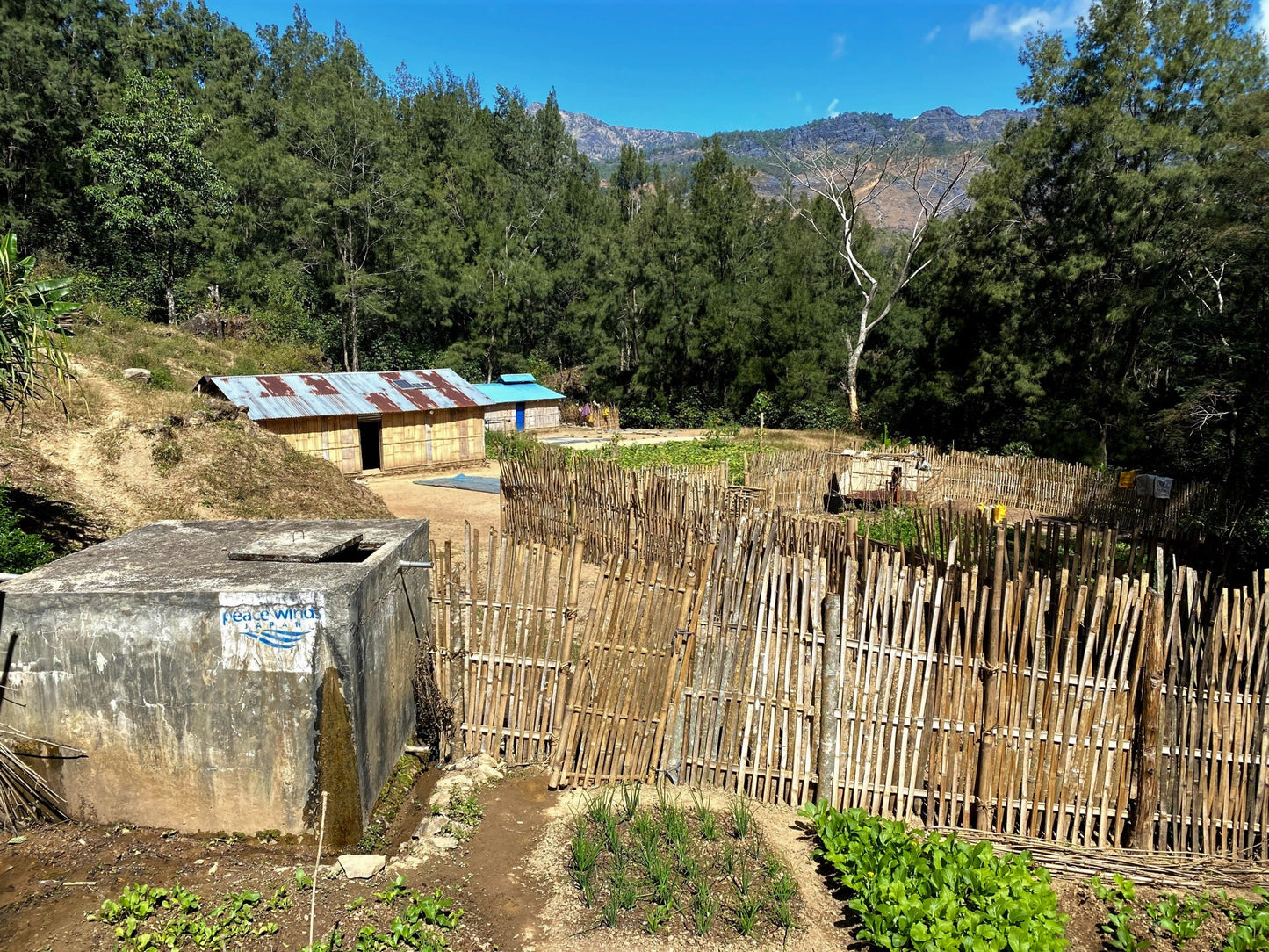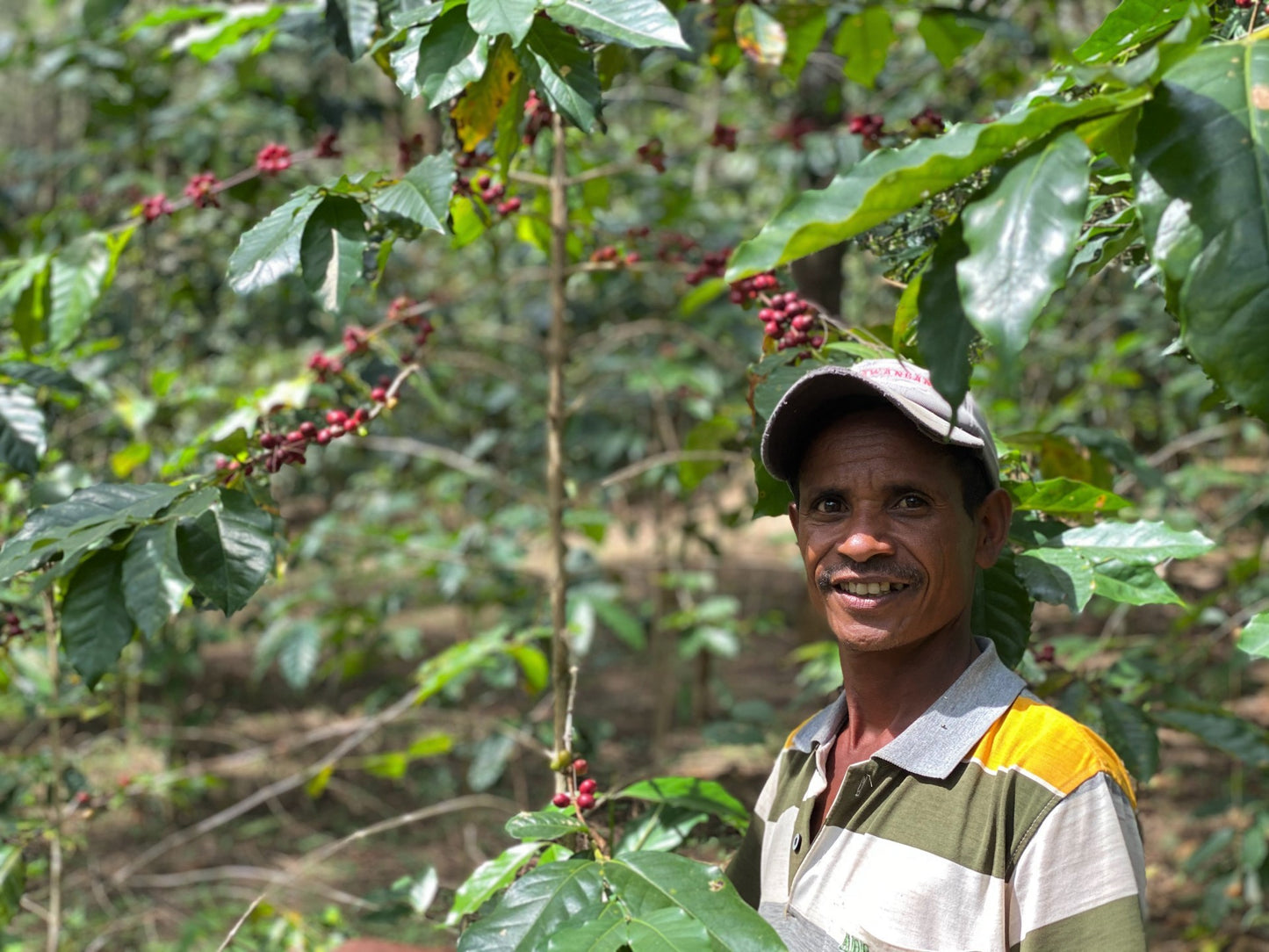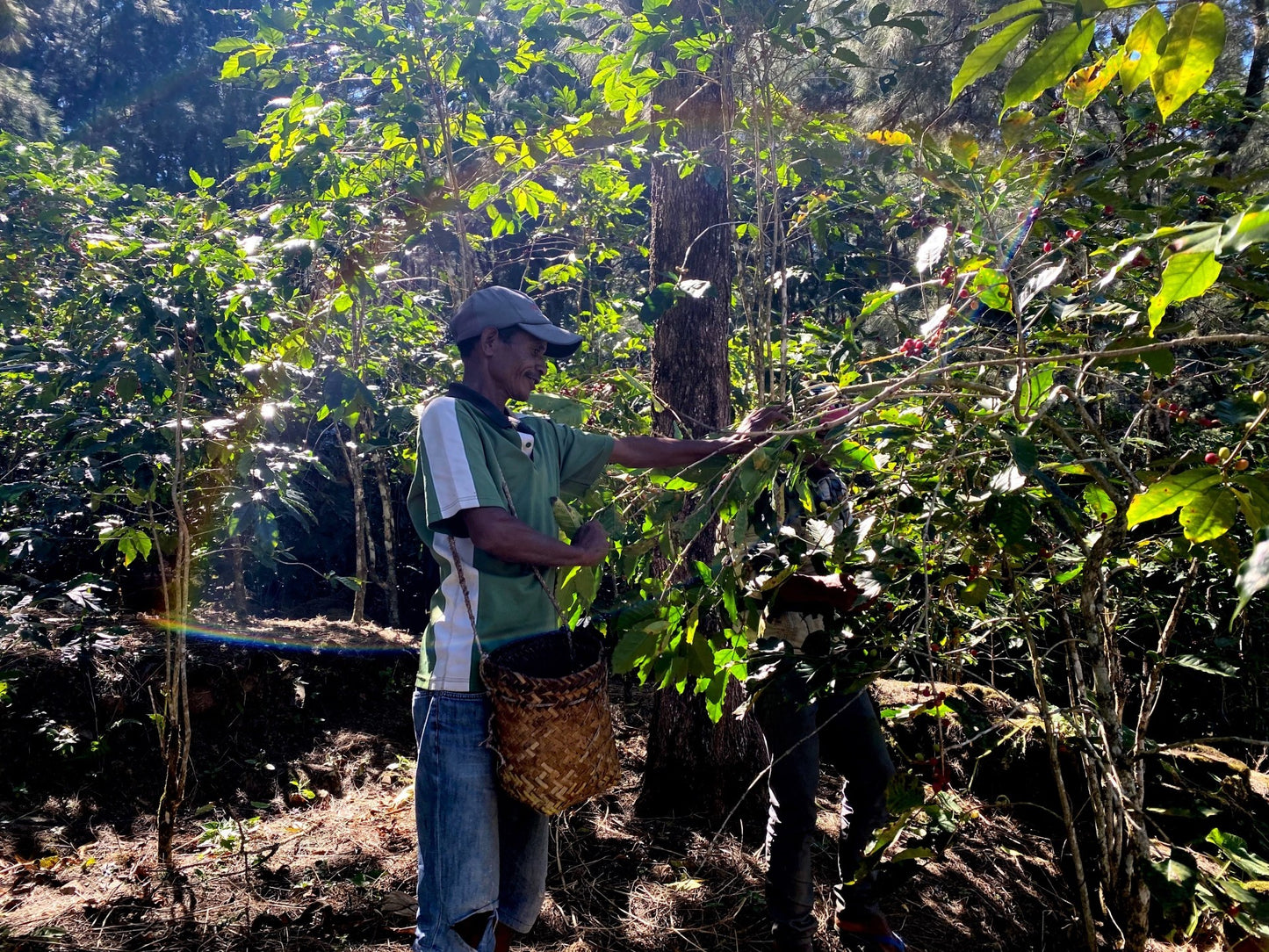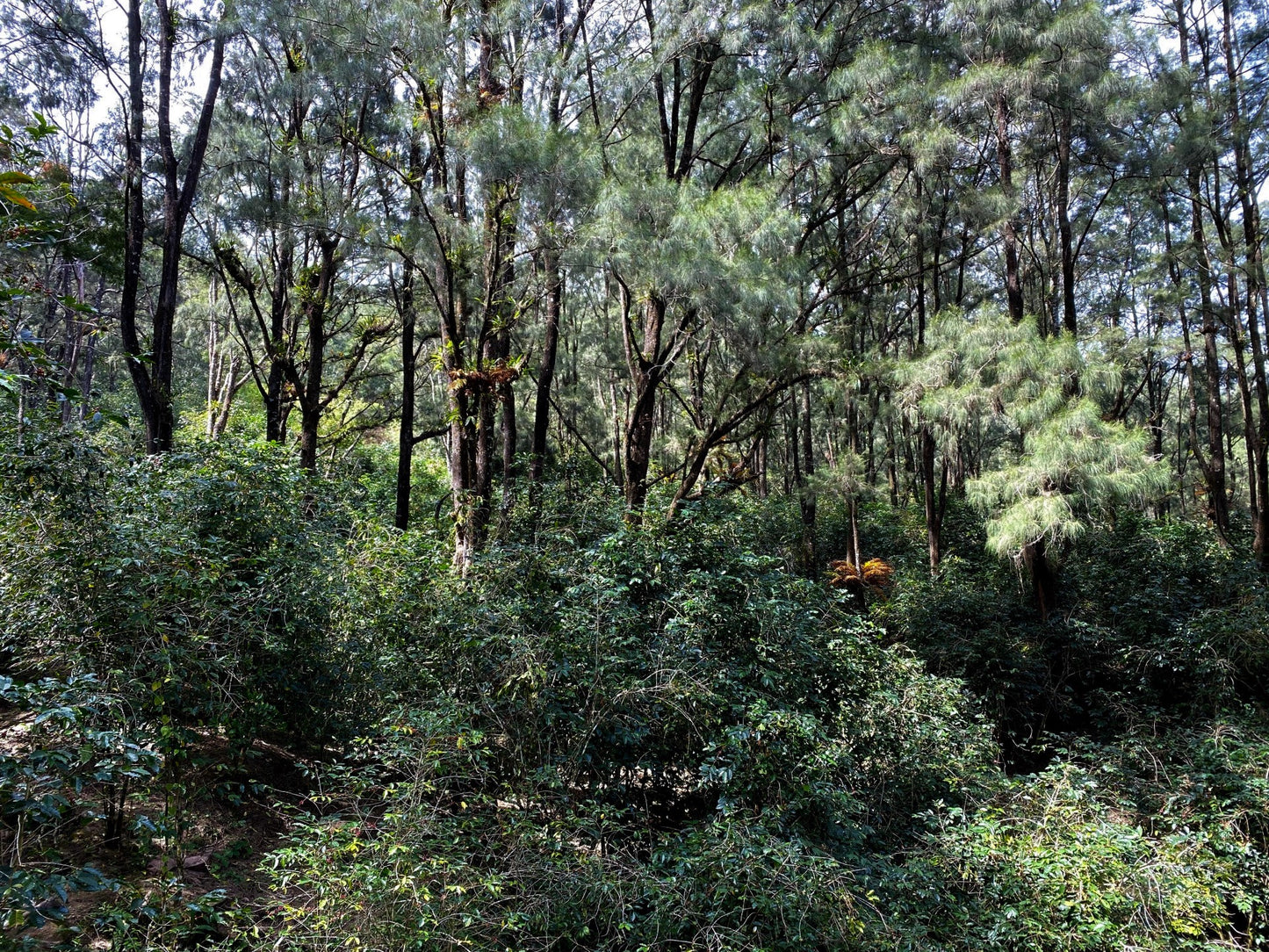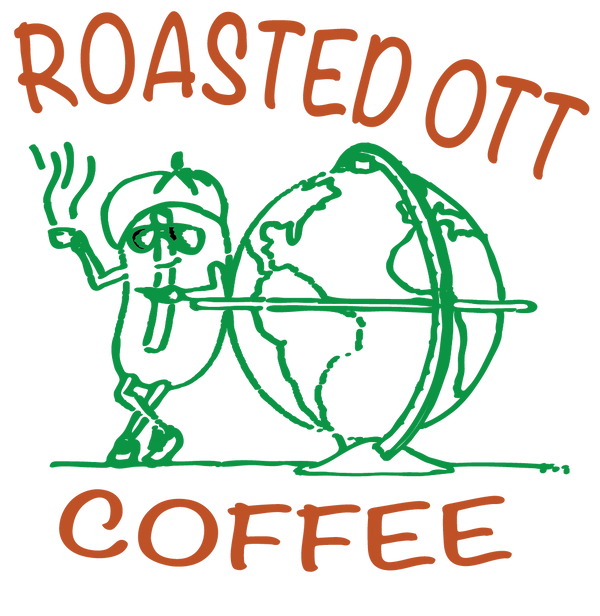1
/
of
5
TIMOR LESTE ORGANIC ERMERA LACAU
TIMOR LESTE ORGANIC ERMERA LACAU
Regular price
$19.40 USD
Regular price
Sale price
$19.40 USD
Unit price
/
per
Shipping calculated at checkout.
Couldn't load pickup availability
BROWN BUTTER, PEAR, RASPBERRY, GRAPE-MEDIUM ROAST
GROWER: 9 PRODUCERS ORGANIZED AROUND CAFÉ BRISA SERENA
VARIETY: TIMOR HYBRID, TYPICA
REGION: DUCURAI VILLAGE, LETEFOHO SUB-DISTRICT, ERMERA MUNICIPALITY
HARVEST: JUNE-SEPTEMBER
ALTITUDE: 1300-1500 METERS
SOIL: CLAY LOAM
PROCESS: FULLY WASHED AND DRIED ON RAISED BEDS
CERTIFICATIONS: ORGANIC
Timor-Leste, or East Timor, takes up the eastern half of the greater Timor island, part of the Indonesian archipelago and not far from the northern coast of Australia. It is a young republic with a long and chaotic political history, having only achieved full independence in 2002, after almost 500 years of consecutive occupations by the Portuguese, the Dutch, and Indonesia.
Timor-Leste’s coffee is small in overall scale but highly significant to the Timorese, 25% of whom rely on coffee production for their livelihood. The island’s inland forests also happen to be historically significant, being the origin of coffee’s most adaptive genetic cross—the Timor Hybrid—a natural breeding of local robusta and typica trees that was identified in the 1920s, and whose vigorous genetics can be found in countless timor- based cultivars in almost every producing country today. The island’s isolation has also allowed for a unique preservation of endemic typica variety coffees, whose purity and diversity resembles that of nearby Papua New Guinea, and expresses similarly in the cup.
Timor-Leste’s coffee is small in overall scale but highly significant to the Timorese, 25% of whom rely on coffee production for their livelihood. The island’s inland forests also happen to be historically significant, being the origin of coffee’s most adaptive genetic cross—the Timor Hybrid—a natural breeding of local robusta and typica trees that was identified in the 1920s, and whose vigorous genetics can be found in countless timor- based cultivars in almost every producing country today. The island’s isolation has also allowed for a unique preservation of endemic typica variety coffees, whose purity and diversity resembles that of nearby Papua New Guinea, and expresses similarly in the cup.
The greater Timor island is sun-baked and humid along its coast, but the interior quickly rises to lush and rugged highlands, with sharp ridges and vibrant grass-covered slopes. The Ermera municipality is one of the island’s highest in elevation and includes its highest peak, Tatamailau. The villages in the mountain’s vicinity are where Café Brisa Serena (CBS), a social enterprise and exporter, has spent the last 10 years developing smallholder coffee value chains.
This coffee is produced by 9 select farmers from the Ducurai village. Ducurai is just north of Tatamailau’s peak. It is one coffee in a small portfolio we import each year from CBS, who began by training remote smallholders in farm management and processing, and who is now a highly capable exporter with some of the best smallholder traceability in the world. Coffee in Letefoho is not young. Trees are tended to for decades, and due to the lofty, vine-like typica varieties throughout, coffee is often harvested by leaning long wooden ramps against the trunk so that pickers can access the sprawling canopy.Farms range between 0.5 and 1.5 hectares only and tend to be well-shaded by evergreen she-oaks, a natural mulcher and nitrogen fixer.
During harvest coffee is picked painstakingly by hand and processed at home on personal or shared pulping equipment, which is often hand-made using wood and textured metal discs. After fermenting in small personal containers, the coffee is dried on raised beds and constantly sorted for quality. Many of the current harvesting and processing standards come directly from CBS, who has helped establish specialty protocols and invested in improvements to processing equipment. The addition of drying structures, for example, has greatly improved farmers’ ability to consistently meet quality standards for moisture content and water activity.
In addition to coffee, Ducurai farmers also manage personal crops of taro and cassava, as well as pigs, goats, fowl, and cows, and many also have personal compost programs in addition to being organic certified.
Café Brisa Serena works with over 400 farmers in the Letefoho area. The organization was formed in close collaboration with Peace Winds Japan, a Japanese NGO that had been working in Timor-Leste’s coffee lands during the first decade after independence, when violence and crumbled infrastructure had disenfranchised many remote coffee communities. CBS continued the development work of Peace Winds, and in 2015 began a formalized specialty export chain. CBS also runs a café in Dili, the nation’s capital, where it promotes Letefoho’s specialty coffee to locals. For more on CBS and Peace Winds Japan, see Evan Gilman’s interview with Armando de Araujo of CBS, here: https://royalcoffee.com/producer- interview-armando-de-araujo-from-cafe-brisa-serena-timor-leste/
